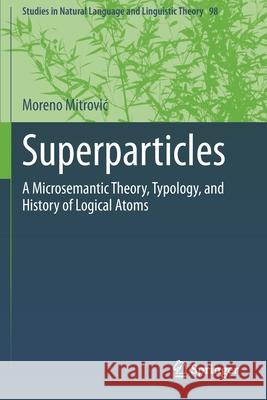Superparticles: A Microsemantic Theory, Typology, and History of Logical Atoms » książka
topmenu
Superparticles: A Microsemantic Theory, Typology, and History of Logical Atoms
ISBN-13: 9789402420524 / Angielski / Miękka / 2021 / 310 str.
Superparticles: A Microsemantic Theory, Typology, and History of Logical Atoms
ISBN-13: 9789402420524 / Angielski / Miękka / 2021 / 310 str.
cena 402,53
(netto: 383,36 VAT: 5%)
Najniższa cena z 30 dni: 385,52
(netto: 383,36 VAT: 5%)
Najniższa cena z 30 dni: 385,52
Termin realizacji zamówienia:
ok. 22 dni roboczych.
ok. 22 dni roboczych.
Darmowa dostawa!
Kategorie BISAC:
Wydawca:
Springer
Język:
Angielski
ISBN-13:
9789402420524
Rok wydania:
2021
Ilość stron:
310
Waga:
0.43 kg
Wymiary:
23.39 x 15.6 x 1.65
Oprawa:
Miękka
Wolumenów:
01
Dodatkowe informacje:
Wydanie ilustrowane











